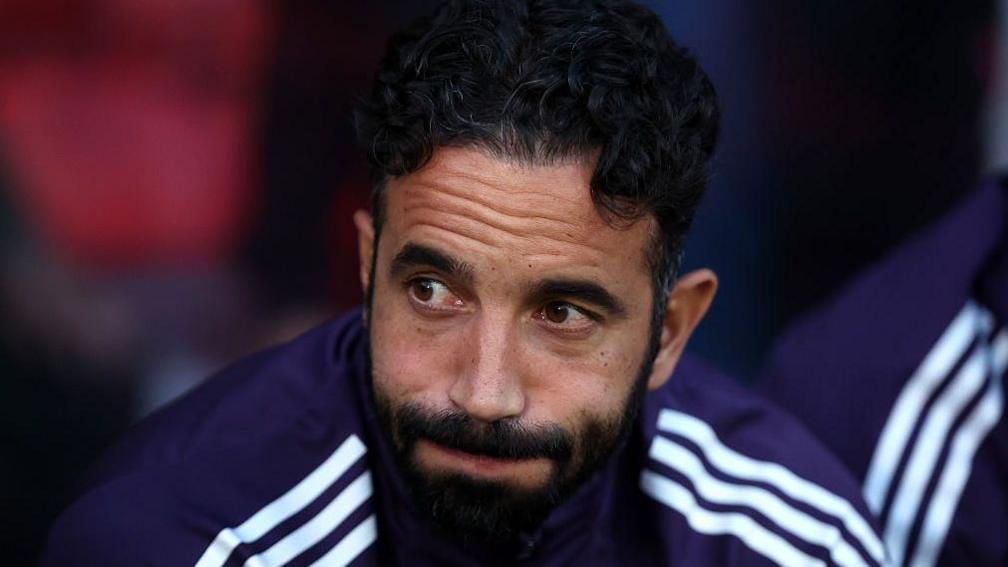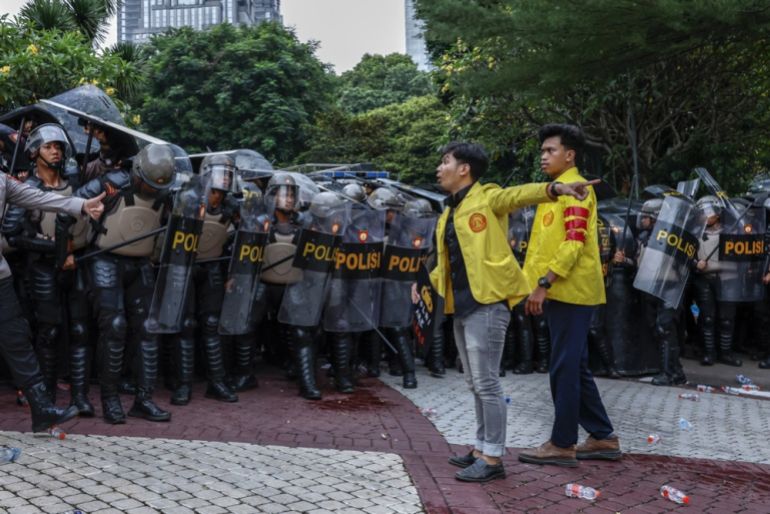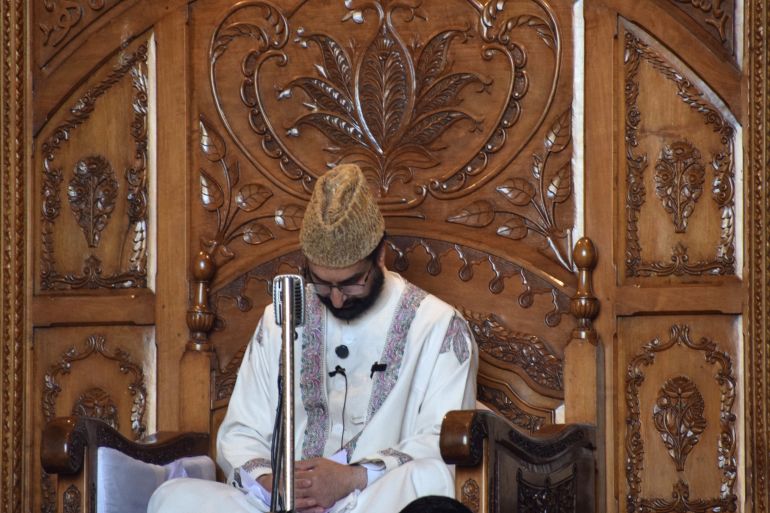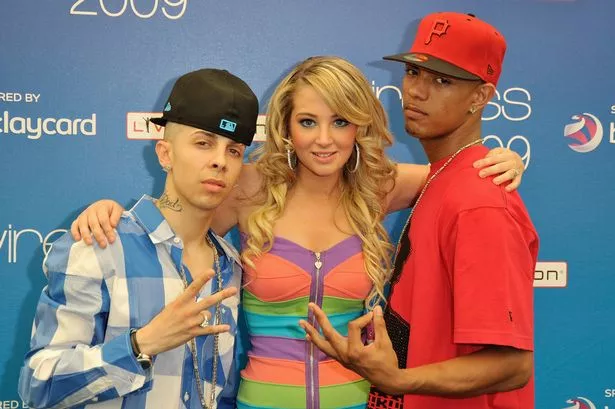Manchester United’s dismal loss to League Two side Grimsby Town in the Carabao Cup in midweek was the latest low for the club under Ruben Amorim.
United have consistently struggled to realize their game plan when the Portuguese are in charge.
This summer, they spent £200 million on new signings and have been sending players who were deemed to be insufficiently capped.
The focus now is getting it right with the squad they have, or at least being able to finish far higher than last season, when they were 15th.
Amorim’s philosophy explained
Amorim uses a positional 5-2-3 system, which requires players to adhere to rigid boundaries. His wing-back is still extended. His central midfield stays central. His team doesn’t do much rotation, at all.
Amorim uses overloads across the pitch to defeat opponents in this system.
He attempts to create areas on the pitch in which his team have more players than the opponents, such as the flanks.
The extra man theoretically facilitates entering dangerous areas up the pitch.
Why United struggled against Grimsby’s man-to-man press
Man-to-man marking across the pitch is a tactic employed by Grimsby to negate numerical overloads.
A Plan B is necessary because United and their opponents have the same number of players in each pitch area when this occurs.
To get out of situations in which you are marked man to man, teams require players with dribbling quality. The opponents’ press is disrupted and spaces open up by holding off your marker and dribbling past them.

Players who roam the pitch drag their opponents into awkward locations before making quick passes around them are a second way to defeat a man-to-man press.
With both options, one of your players should get the better of the person tasked with marking them, which disrupts the press of your opponent.
But Amorim’s tactics don’t often allow for this against man-to-man pressure.
Players don’t roam because the opposition is positioned in a rigid positional manner, which prevents them from dragging the opposition into unfamiliar territory. Therefore, opponents can effectively press United players in their respective zones.
Amorim’s system also doesn’t encourage players taking numerous touches and dribbling freely to beat their opponents.
The Portuguese may seem condescending, but instead they appear to instruct his team to follow a set of passing patterns, which we will examine next.
In the end, Amorim wants his team to play more slowly and faithfully following his predetermined passing patterns.
Amorim’s predetermined passing patterns
We’ve established that Amorim plays a positional football style that prefers to dominate its opponents by overloading them.
The way they look to do this is through specific passing routines.
United builds three-quarters of a back. These defenders aim for a straight pass to attackers, who frequently target a team-mate, who then searches for a through ball over the top.
In the coaching world, this is sometimes referred to as an ‘ up-back-through’, referencing the pass up the pitch, the pass backwards, then the through ball.
The opposition centre-back is being drawn to follow the attacker, which could make room for a United player to run into. After the box, the behind player could play a cross for their teammates.
United captain Bruno Fernandes has been criticised for playing long passes rather than taking more touches, but it is likely this is under instruction, with Amorim wanting to free either the attacker or wing-back running in behind.
How United’s passing routines are destroyed by teams
When you watch United on the ball, it becomes apparent how frequently this passing routine is attempted down the sides.
Teams can defend in the back five to stop it.
The opposition’s centre-back and wing-back pair up against their number 10 and wing-back by setting up in a formation that resembles United’s attacking shape.
United’s passing routine is less effective when the situations it results in are two against two, rather than two against one.
United’s main method of entering dangerous areas becomes less effective by combining a back-five defensive configuration with man-to-man pressure.
Grimsby angled their press in a unique way, ignoring the pitch’s center at times, knowing United had a strong focus down the wide areas.

United’s defensive strategy is described.
It’s crucial to consider how Amorim’s United will defend the ball for longer periods of time when they are not playing.
Bar the occasional 5-4-1, United play in a 5-2-3 that aims to push high up the pitch, attempting to win the ball back. They form a more compact shape in the middle if this initial pressure is unsuccessful, before reversing to their own third.
United doesn’t opt for man-to-man pressure across the pitch, despite their best efforts to put the ball back high up.
They often have an extra player in their defensive line, sometimes two. They can defend themselves from strikers directly, but it also means that opponents typically have one or two free men elsewhere, frequently in midfield.
United attempts to press based on a number of triggers rather than pressing man to man. The wide central defenders (most recently Leny Yoro and Luke Shaw) are asked to follow opponents into midfield when the ball is on their side of the pitch, and their respective attackers drop deep.
United converge and aim to catch their foes when teams move the ball wide.
How United’s press is bypassed
When in the opposition’s third, United’s 5-2-3 shape can be exploited with cunning movements intended to add bodywork by going deeper than the opponent’s. Players play with four players deeper than United, which effectively overloads the front three.
At times, a central midfielder is seen dropping deep, and a team’s back three becomes a back four. The extra player is difficult to contain, and passing around them becomes easier.

Opponents overload United’s two-man midfield
United’s wingbacks’ pinningback has a secondary benefit.
Due to the smart movement that opponents have started making more frequently and with just two midfielders in the middle of the pitch, United can be outnumbered.
Fulham boss Marco Silva’s tactics illustrate this clearly. Full-back Ryan Sessegnon pushed up the pitch to pin Amad Diallo back. Then, Alex Iwobi moved into a central area and left his wing position.
With Iwobi joining Fulham’s two central midfielders, Fernandes and Casemiro were outnumbered. Josh King retreated from the attack and occasionally acted as a fourth man.

What next?
Under Amorim, Sporting was largely successful, and United’s decision to hire him will have been influenced by their dominance.
At this early stage of his career, the 40-year-old is incredibly confident in his coaching methods and principles.
With the right players whose quality is far above that of their opponents – like at Sporting – Amorim’s system could work.
However, creating such a benefit during recruitment is more difficult because the Premier League’s standard is higher.
Related topics
- Manchester United
- Premier League
- Football











